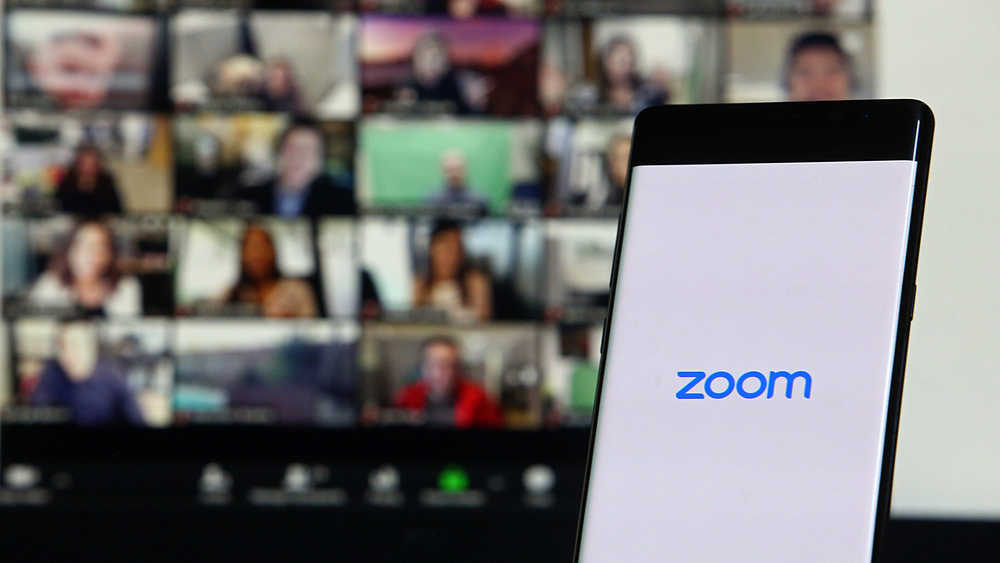The challenges to mental health seem to have intensified, taking on newer forms in the course of the global contagion. This grave reality was highlighted recently in a survey conducted by an agency based in the United Kingdom, which found that almost 75 per cent of the respondents had experienced ‘Zoom anxiety’ — a phrase used to describe the distress that is experienced while having to be part of video calls. This phenomenon is not restricted to the UK. The use of Zoom and other such digital communications by employers, political parties, educational institutions and countless individuals has soared across the world especially after national lockdowns were put in place to check the spread of Covid-19, forcing some constituencies of workers and students to work and study from home, respectively. But raising a firewall against threats to physical health has had adverse consequences for mental health. Earlier this year, researchers in Australia found that psychological suffering in adults, including symptoms of depression and anxiety, was markedly elevated during the peak of the coronavirus outbreak. Mental health experts from India’s National Institute of Mental Health and Neurosciences have said that professionals trying to adapt to the ‘new normal’ may be at particular risk from digital burnout. These concerns are not without basis. Online meetings require more attention, aggravating the stress of participants. The health consequences — for body and mind — of such hyper-connectivity, with little or no balance between the time spent in online and offline activities, merit scrutiny. The collapse of the boundaries between home and work is extracting a heavy cost from working women who are being forced to juggle multiple responsibilities — work from home, child-rearing and household chores — all at the same time. The Workforce Confidence Index survey has, in fact, underlined the disproportionate burden of the stress between men and women.
It is thus important to examine ways in which India’s mental healthcare apparatus can deal with this new challenge, given that the reliance on technology is expected to be considerable in employment and education in the days to come. Mental illness in India is yet to be recognized as a significant contributor to poor health. This is reflected in the skewed ratio between patients and mental health professionals — India has 0.75 psychiatrists per 1,00,000 people — the closed nature of mental healthcare institutions, and the appalling treatment meted out to patients in spite of the concerns expressed by the courts, medical professionals and the media. There is a strong case to be made not only for incorporating provisions for recognizing newer forms of anxiety in the Mental Healthcare Act, 2017 but also to foster public engagement with matters of the mind.










